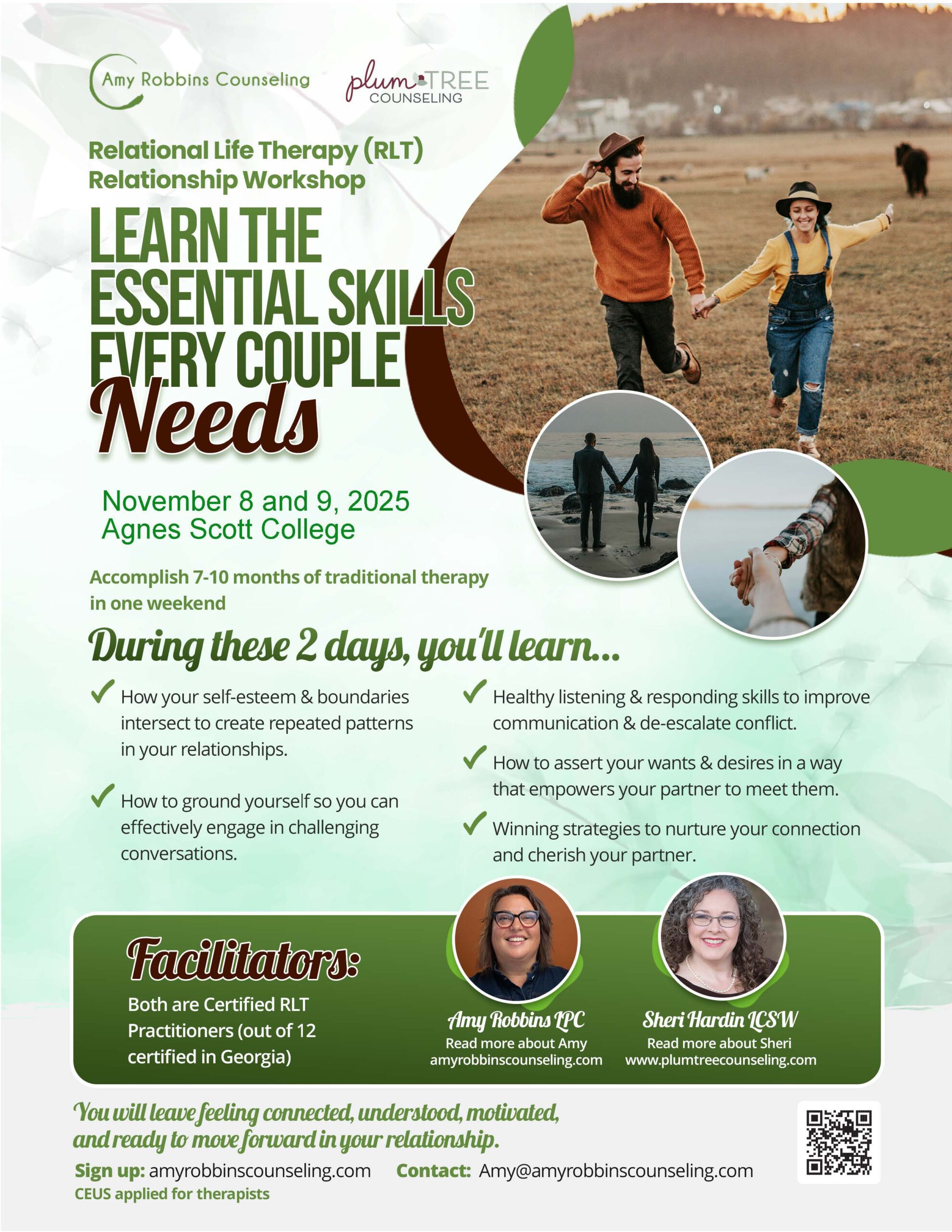There are few times in life more exciting than preparing for the transition from being a child
into living as part of the “real” adult world. This transitional period can also be very challenging.
All the change, new financial stressors, going to school, finding a job, starting a family. There is
a lot going on for young adults, and it’s no surprise that this period in people’s lives can be
stressful and difficult to navigate. In this blog, we’ll walk through some great coping skills to
help you manage even the most difficult aspects of this transition.
What Are Coping Skills; How Do They Help?
As we grow up and go to school, we learn a lot of life skills from our loved ones as well as in the
classroom, but few of us are lucky enough to have an opportunity to learn good coping skills. A
coping skill is anything you do to manage overwhelming or difficult situations and life
transitions. Many people, unfortunately, learn coping skills that can make their lives more
difficult. Unhelpful coping mechanisms include things like avoidance, substance use, over or
under eating, spending indiscriminately, and engaging in other behaviors that may be
dangerous or unhealthy. Rather than leaning on these unhelpful coping mechanisms, it can be
beneficial to learn some healthier ways of coping with challenging situations.
Some common types of coping skills include:
- Solution-focused coping – taking small steps to solve problems, tracking progress toward a goal, and other ways of mindfully alleviating stress and anxiety about challenging situations by finding ways to move forward and resolve issues that arise. Some people cope best when they’re facing a problem head on.
- Mindfulness-focused coping – staying in the moment and being present can help alleviate worries. Rather than thinking about “what ifs” or other future concerns, pay attention to your surroundings. A simple mindfulness exercise involves paying attention to acknowledging your thoughts and feelings in the moment. Then, releasing your thoughts and feelings without judgment.
- Inward-focused coping – this can look like avoidance, but it’s actually about refocusing. Rather than allowing worries or stressors to consume your day-to-day life, try keeping busy and filling the hours with things you enjoy. Make time for reading, hiking, exercise, joining a sport or club. Whatever hobby or pastime you enjoy.
- Support-focused coping – this type of coping skill involves working with loved ones, support groups, people within your profession, and even professionals like therapists to receive support and guidance through transitions.
Do You Want Support as You Develop New Coping Strategies?
If you’re looking for a professional to help you develop healthy coping skills, we hope you’ll
consider working with Amy Robbins Counseling. Our knowledgeable therapists can support and
guide your exploration and teach you tools and strategies for navigating life’s challenges. There is a
“book now” button at the bottom of each page if you prefer to schedule your appointment at our office online.
Ben Lamm, Margaret Fitzpatrick, Charity Livingston and Sarah Browning work with this population.


